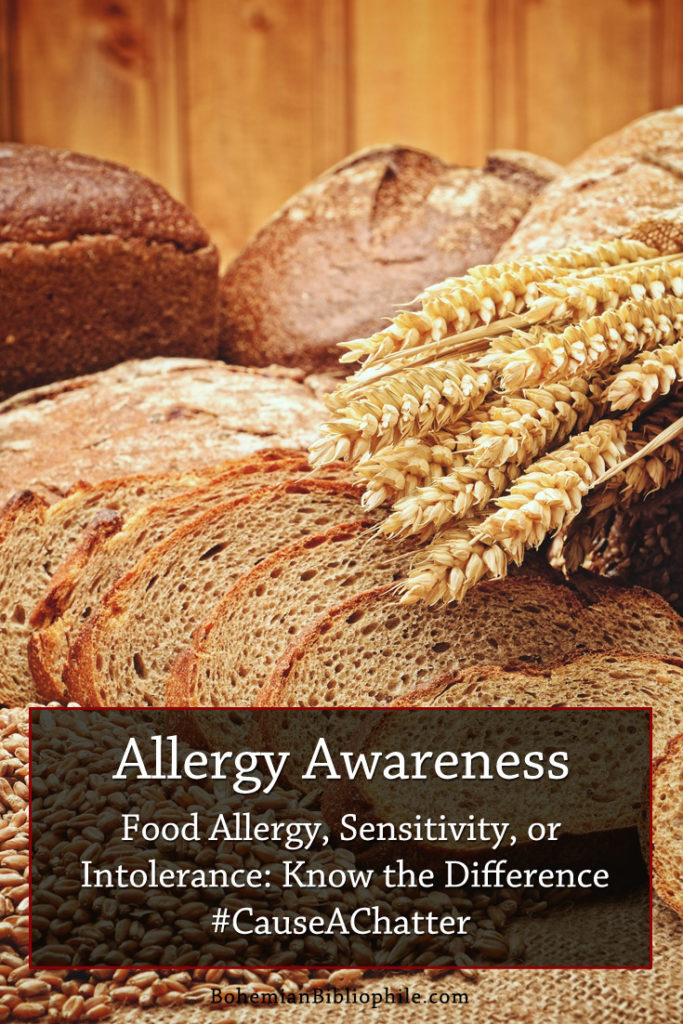Food allergy, sensitivity, and intolerance are often used interchangeably. With overlapping symptoms, it is confusing to differentiate between the three. Particularly in a country like India where there is barely any awareness about allergies. Today I shall be discussing the difference and why it is important to be aware.
Food Allergies
I have discussed in length about allergies, what is an allergy attack, and the myths surround it. Allergy is a hypersensitive response by the immune system to substances that would otherwise be harmless. The symptoms range from a mild rash to shortness of breath, and in some cases, shock.
Food allergy triggers or allergens are particularly peanuts, tree nuts, milk, wheat, soy, fish, shellfish, and eggs. In some cases, vegetables such as brinjals and tomatoes also act as triggers.
Food Sensitivity
The most popular misconception that allergies and sensitivity are the same. Unlike common food allergies, these reactions can be delayed and are rarely life-threatening.
I am sensitive to caffeine. Even a whiff gives me a bad migraine. But I am not allergic to it. On the other hand, someone allergic to caffeine may break into hives or even have an anaphylactic attack.
Food sensitivity is often due to increased levels of certain IgG class antibodies that react to the food item. It can be considered a precursor to an allergy. But people may go a lifetime without it converting into food allergy. Similar to food allergies, there is no cure for food sensitivity.
Food Intolerance
Food intolerance is a digestive issue or a chemical reaction to the food item. It occurs solely in the body’s digestive system. And contrary to popular opinion, it does not involve the immune system.
It can occur when the body lacks a specific enzyme to break down certain foods. Or it can be a reaction to natural components or additives in food. In case of lactose intolerance, the body lacks sufficient quantity of the enzyme lactase to break down the sugars in the milk, resulting in gastrointestinal issues. It is more common than food allergies and can be temporary.
Food intolerance symptoms include (but are not limited to) nausea, stomach pain, gas, bloating, heartburn, diarrhea, and headaches. It is often managed with enzyme supplements and probiotics.
Food Allergy, Sensitivity, or Intolerance: Know the Difference #CauseAChatter #FoodAllergies #BohoPonderings Share on X
Why is it important to know the difference
It is imperative to know the difference between allergies, sensitivity, and intolerance to manage them better. Self-diagnosis is extremely risky since some of the symptoms may be associated with other illnesses as well. Also, you may end up avoiding foods that are safe and continue to include those that are risky. If you feel you have a food sensitivity, you do need to consult an allergist.
We cannot predict an allergic reaction. But being allergy aware helps minimize the risks and manage an attack. Follow the allergy awareness series for more discussions around allergies. Let us start a much-needed conversation around them.
Disclaimer: I am not a medical practitioner. The purpose of this series is to bring about awareness. Please consult an allergist/immunologist for queries and overall management of allergies.
As a part of Blogchatter’s Blogging with a Purpose campaign, I am using my voice to highlight something I care about.

Image by marco aurelio from Pixabay

